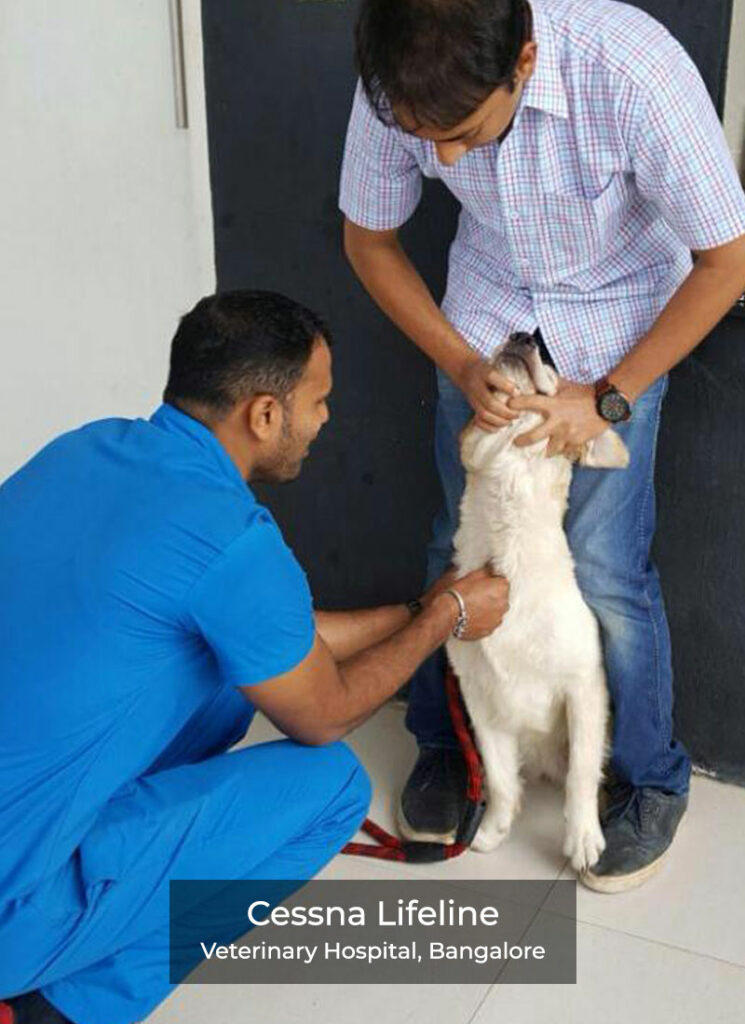
Canine Behaviour Workshop For Veterinarians
In the growing world of animal care, veterinarians are trusted advisors for most dog owners. Apart from health and nutrition, pet owners seek the veterinarian’s views on behaviour issues, recommendations on trainers, groomers, boarding, etc. The best vets build a great bond with the dog right from the start just through the way they interact with and handle the dog.
However, what our veterinarians do lack is proper training in canine behaviour. This can result in a practice where there are high levels of stress, a vet can be bitten by a dog or where the patients can be difficult to control. Interestingly, a survey suggests that 90% vets have gotten bitten while handling dogs. What is concerning is some vets have admitted to having got bitten repeatedly.
In addition, wrong handling and approach to a dog during a check up can lead to high stress levels which can mask or change baseline conditions like temperature, pulse, respiration and blood pressure.
Knowledge of animal behaviour is an extremely important component of modern veterinary practice. Appreciation of species-typical behaviour helps to ensure that veterinary patients are handled safely and plays a pivotal role in the diagnosis of health and welfare problems in animals, including the recognition of pain and distress.
Veterinarians who acquire a good understanding of animal behaviour will be best able to promote and repair the “human-animal bond,” that important connection between people and their pets.
Through the education programme, veterinary practices can see improvements in various management areas of practice

About the program
Canines Can Care is pleased to organise a workshop for vets on canine behaviour. The objective of this program is to …
- Help vets read a dog’s behaviour and reduce incidents of dog bite during handling and examination.
- Learn how to handle and animals in a relaxed non-threatening manner in a clinic.
- Talk about simple behavioural issues like chewing, nipping, jumping, toilet training and how vets can advise pet parents on these issues.
- Discuss common misconceptions around neutering and aggression.
- Signs of stress in a dog and how to reduce the stress in a clinic.
- How to prevent getting bitten by a dog.
- The process of growth in dogs from puppyhood to an adult dog.
- Understanding when a medical problem is linked to a behavioural issue.
- Counselling owners with problem dogs.
- Understanding the language of communication in dogs and thereby preventing issues of aggression, stress and handling when the dog is at the clinic.
At the end of the session we are hoping that vets will be able to handle dogs safely in the future and also advise pet parents correctly on basic behavioural issues early on. We believe vets play an important role in the life of a pet owner and dog, and this session is our attempt to equip them with necessary knowledge on dog behaviour and remain safe at work.
Who can attend this program: This program is suitable for any veterinary practitioner, veterinary staff, professors, veterinary students.
